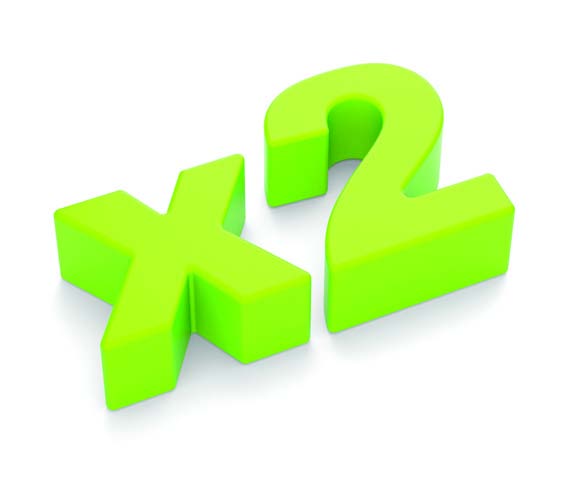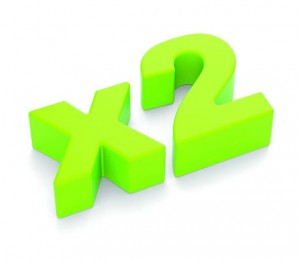I am often asked by business owners, “What is my business worth?” There are many reasons to value your business, and different values for any business. Do you want to know what a business is worth for legal reasons, such as divorce or partnership disputes? Are you looking for worth for IRS purposes, such as gifting or estate issues? You could be looking at a value dictated by valuation principles, the laws of your state or IRS code. The answer here, would be to call a valuation expert, with a lot of letters next to their name, and is not relevant to the following discussion about market value.
If you are looking for a price that you think your business will sell for in the marketplace, that price can vary greatly, depending on who the buyer is. If the buyer is an independent person looking for a new career, they are considered a regular buyer. If however, they have other reasons to buy your business, based on economies of scale or competitive issues, they could be a strategic buyer. We will talk about strategic buyers next time.
For example, if you have a regular “Joe or Jane” buyer, you could be looking at a price that resembles fair market value. In my world, with very few exceptions, your business market value is driven by the income of the business. In other words…SHOW ME THE MONEY!
In layman’s terms, market value is what a regular, independent buyer would pay for your business. Their sole motivation for buying your business is to have an income stream into the future. Therefore, if your business makes money, it would be worth a multiple of the current income. What is the multiple? One to five times current income….Why the large spread? Multiples are driven by the quality and quantity of the earnings.
What is quantity of earnings? If a business earns over a million dollars, it is inherently less risky than one that earns a hundred thousand. For example, if you buy a business that earns one million dollars, and make a 200,000 dollar mistake, you’re o.k. However, if you buy a business that earns 50,000 dollars, and make the same mistake…you’re done! So, at 50,000 dollars, it may be worth 1 to 2 times earnings, at a million dollars, it may be worth 4-5 times earnings. Businesses that earn more than a million dollars or more net income often attract strategic buyers; so let’s keep this to small businesses.
What is quality of earnings? Quality of earnings are the likelihood that they will happen again, and how believable are the earnings. Are the books and records up to date? Are the earnings reflected on the businesses tax returns? Are they easily identifiable, or are they buried in personal expenses? Once found, are the earnings going to continue? Is there a good and diverse customer base? Is the macro and micro future economy bright for this company? Are the earnings rising, flat or declining? What are the chances the buyer can learn or assume the skills that are required to continue to run the business? What assets are included in the sale (inventory, equipment, leasehold improvements, etc.)? The list goes on…
To sum it up, your small business (less than a million dollars in earnings) is worth two to perhaps three times your owner benefit; your business earnings plus your owner’s salary and perks.
Can it sell for more? Yes, but we’ll talk about that next time.
Andy Cagnetta owns and operates Transworld Business Advisors. He joined the company as a sales associate and later purchased it. Transworld is an international franchise business and franchise brokerage, with thousands of businesses for sale and franchisees in the United States and Internationally.



No Comments